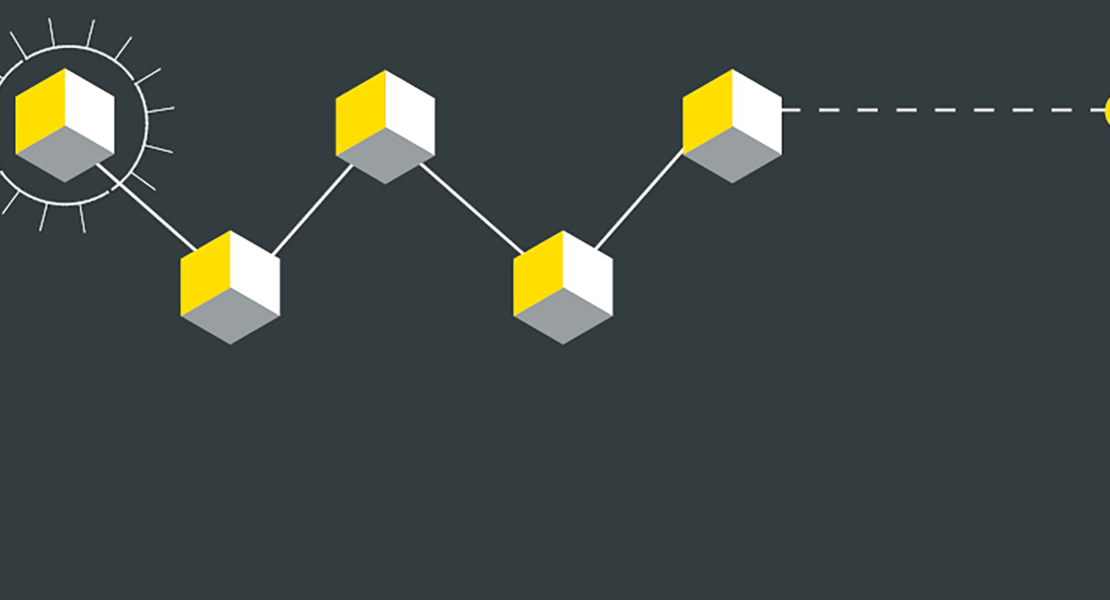| The Court of Justice of the European Union (CJEU) has published its first judgment on net neutrality and zero-rating on 15 September 2020. The judgment is available here. The case submitted to the CJEU concerns two mobile telephony subscriptions of Telenor in Hungary. The first was the MyChat subscription. This subscription included a data limit of 1 Gigabyte that could be used for all Internet applications. As soon as that limit was reached, the entire Internet access would become considerably slower. However, the data traffic that belonged to certain social media and messaging applications did not count towards the data limit. Such subscriptions are a species of so-called “zero-rated” subscriptions. In addition, once the data limit was reached, the speed of all data traffic was slowed down, except for the zero-rated applications. For the MyMusic subscription, most of the same applied, except that the data limit varied for that subscription. The CJEU ruled that this type of zero-rated subscription is in violation of Regulation 2015/2120/EU of 25 November 2015 laying down measures on open Internet access. The CJEU held that national regulatory authorities should determine on a case-by-case basis whether the conduct of a given provider of such packages falls within the scope of Article 3(2) or Article 3(3) of that Regulation, or both provisions cumulatively. If the package falls within the scope of both provisions cumulatively, the authorities may perform the assessment with one or other of those provisions. The Court also ruled that if such an authority determines that Article 3(3) was violated, the authority may refrain from determining whether that conduct is also incompatible with Article 3(2) of that Regulation. Based on their particular characteristics, the CJEU concluded that such packages: 1) are incompatible with Article 3(2) of Regulation 2015/2120, read in conjunction with Article 3(1) of that Regulation, where those packages, agreements, and measures blocking or slowing down traffic limit the exercise of end users’ rights, and 2) are incompatible with Article 3(3) of that regulation where those measures blocking or slowing down traffic are based on commercial considerations. In essence, in line with decisions taken by regulators in a number of EU Member States, the CJEU has confirmed that subscriptions which: 1) exclude data usage from certain applications from counting towards the data limit and 2) which slow down the speed of data traffic once the data limit was reached (except for the zero-rated applications), are, generally speaking, in violation of the Net Neutrality Regulation. The judgment provides useful guidance on the Net Neutrality Regulation and in particular the relationship between the various criteria in Article 3 of the Regulation and the way in which national regulatory authorities should assess internet access services under that regulation. A more detailed analysis of the judgment can be found here. For further background, it may be useful to note that in December 2018, Bird & Bird published a study for the European Commission on the implementation of the Net Neutrality Regulation. Pages 62-63 of the study analyse the position of national telecommunications regulators of several EU Member States. For further information, contact: Raoul Grifoni Waterman |

3 min to read
Top EU Court backs net neutrality in ruling with impact on “zero-tariff” deals
Authors
Date
07 October 2020



